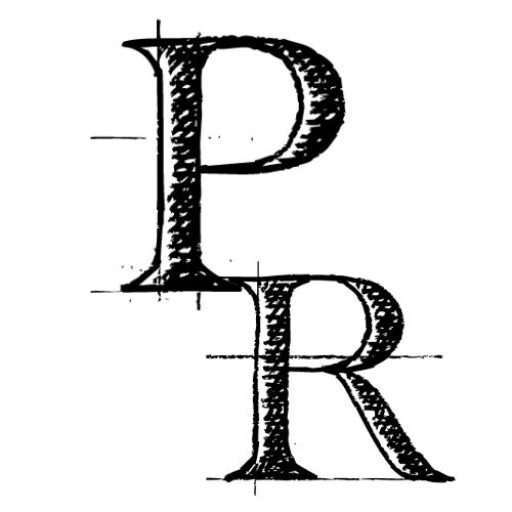Many aspiring impresarios lunge forward with lofty, but fuzzy, ideals of leadership. Lacking a clear picture of what leadership means to them, entrepreneurs and their teams often end up floundering in utter confusion over responsibilities and purpose. Instead of working from a template of leadership based on set principles, these business leaders fall into a pattern that is more reactive than proactive. Former Army officer Ed Ruggero teaches CEOs and their teams how to formulate philosophies of leadership — customized statements that encapsulate their ideas about effective leadership and how they intend to implement them.
The goal of crafting leadership philosophies is for leaders to take time for deep reflection with their colleagues to set the standards of vision and collaboration. Hopefully, the whole team concurs with a paradigm from which they will collaborate. Here is a summary of the four sections of a leadership philosophy. These are questions that all leaders should ponder and answer with their staff from the outset.
What Do I Think Leadership Is?
What leaders believe about leadership will form the skeletons of their leadership philosophies. These core concepts will be the foundational principles for the role of leadership. Such beliefs include ideals such as “I lead by example,” “I invest in others,”and “I embrace open communication on all levels.”
What Should My Team Expect of Me?
Ruggero advises teams to think of some past leaders whom they admire. The staff members then distill the highly regarded traits of those leaders into personal mottos. Examples include statements such as “I will acknowledge the contributions of each person on my staff” or “I will empower each capable team member by delegating responsibility commensurate with their level of authority.”
In this section, leaders can also disclose areas of their leadership that need cultivating, such as sardonicism or impatience. This will help team members understand that their leaders are aware of their weaknesses and intend to work on those aspects. Furthermore, employees will feel safe in encouraging their leaders to live up to their ideals.
What Should I Expect of My Team?
CEOs generally desire to see a strong work ethic, integrity and punctuality in their employees. In this section of the leadership philosophy, leaders and their teams spell out these aspects together and delve deeper into how disagreements will be handled. Bosses will welcome frankness and dissention so employees feel comfortable discussing disagreements with their bosses.
What Are My Hot Buttons?
Daily stressors can ultimately put a damper on the corporate culture, so this final section is an opportunity for bosses to share what irritates them as leaders, be it destructive criticism, martyr attitudes, or gossip. Ideally, the team will avoid and discourage what triggers negative responses from their bosses. As a result, less time and energy will be wasted in dealing with fallout from activating these hot buttons.
By developing and sharing leadership philosophies, leaders invite team members into an ongoing discourse about how to improve as a team. Employees and peers hold their leaders and each other accountable to agreed ideals and commitments. Leadership philosophies diffuse potential sources of tension and foster deeper collaboration. Literally, everyone will be on the same page.

